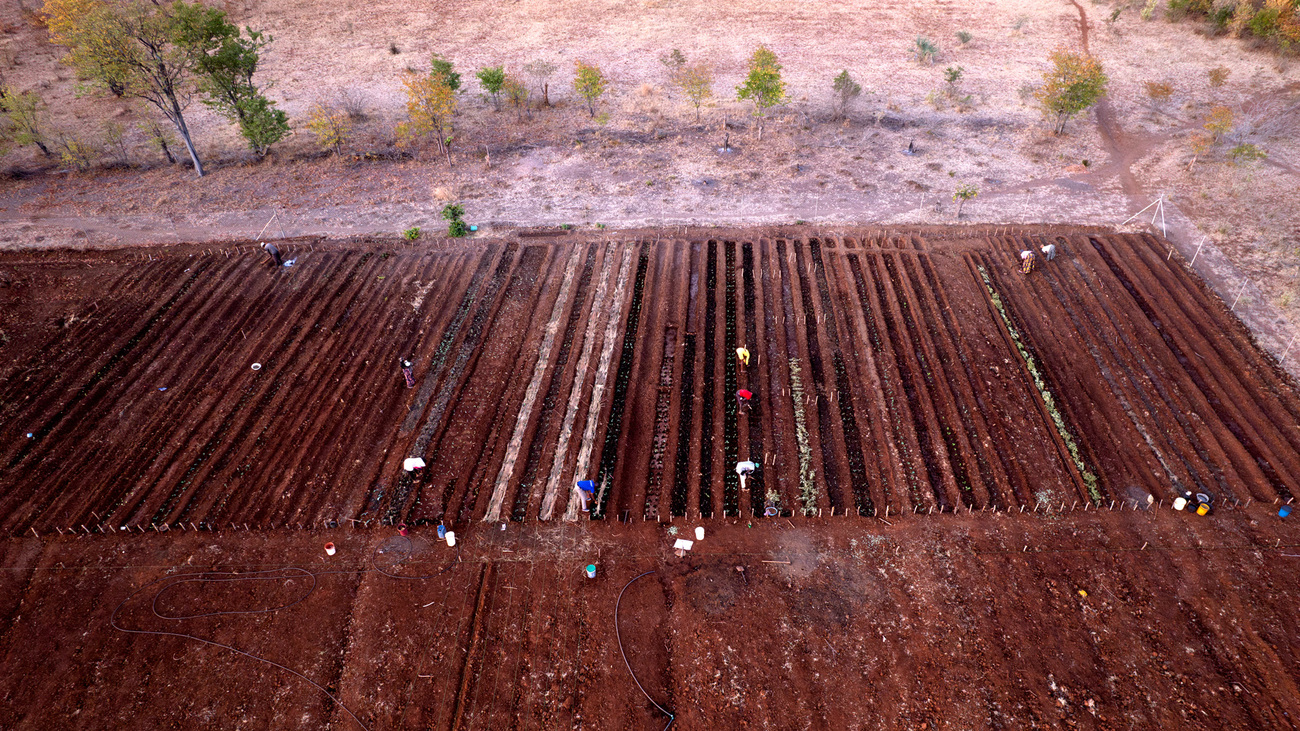Water is Life: Securing water for communities saves lives and livelihoods
Water is Life: Securing water for communities saves lives and livelihoods
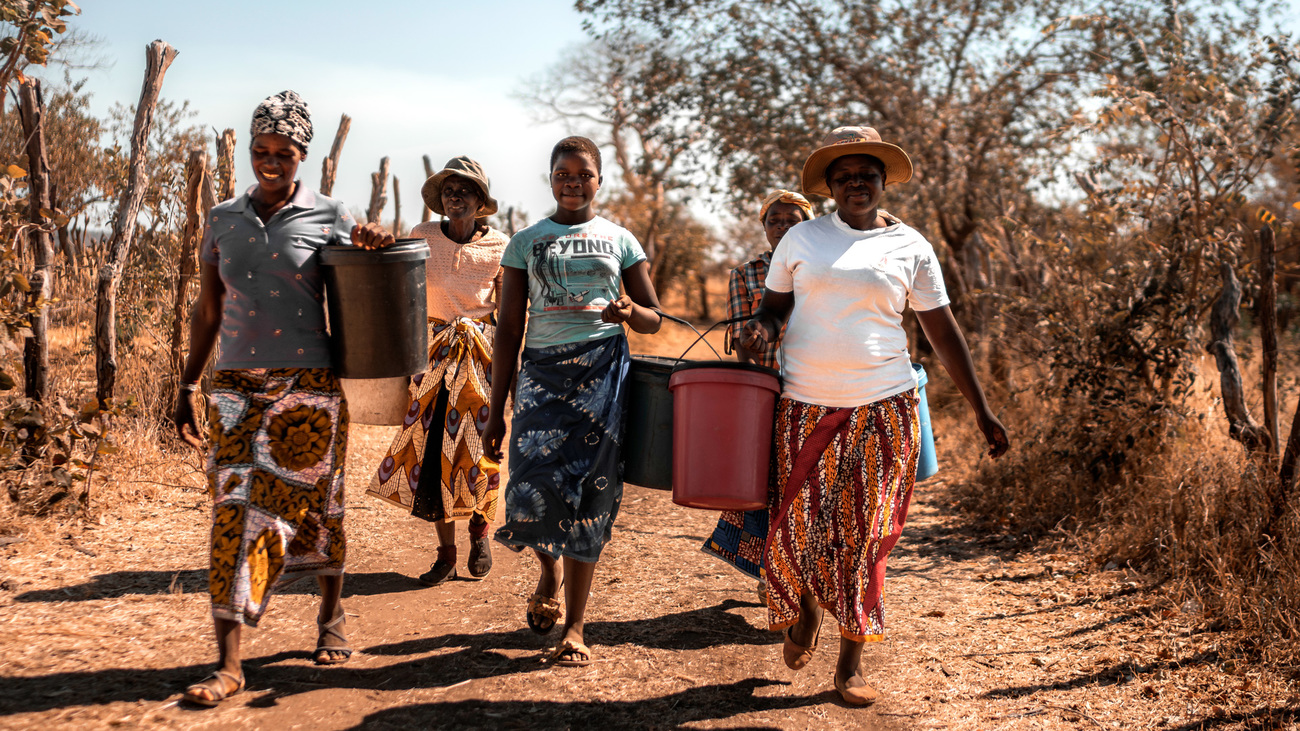
Through the construction of water pumps, IFAW is working to protect animals, people, and the planet.
Problem
We all know how essential water is for the survival of both people and animals. But water scarcity affects one in three people in Africa and only grows worse with increasing population growth, urbanization, and climate change. It’s estimated that by 2025, half of the human population will live in water-stressed areas.
Not only do economic scarcity and rapid population growth propel the water crisis—climate change is also to blame. Though sub-Saharan Africa has plentiful rainwater, climate change is fueling its increasing unpredictability and uneven distribution, leading to prolonged drought in some areas and mass flooding in others.
By the year 2025, it’s predicted that the rainfall in sub-Saharan Africa could drop by 10%. Paired with the planet’s warming, this is a recipe for a major water shortage—for both animals and people.
Drought has caused mass die-offs of thousands of wild animals, including elephants, giraffes, wildebeest, zebras, antelopes, and buffalo. Lack of water sources in the wild is pushing some animals closer to people, inciting dangerous human-wildlife conflict. With nowhere else to go, these animals seek out the same water sources on which communities rely.
Much of Africa depends on rain-fed agriculture, and in areas already experiencing widespread poverty, water scarcity can impact this continent much more violently compared to other regions—bringing increased poverty, less secure livelihoods, and a heightened threat of chronic hunger.
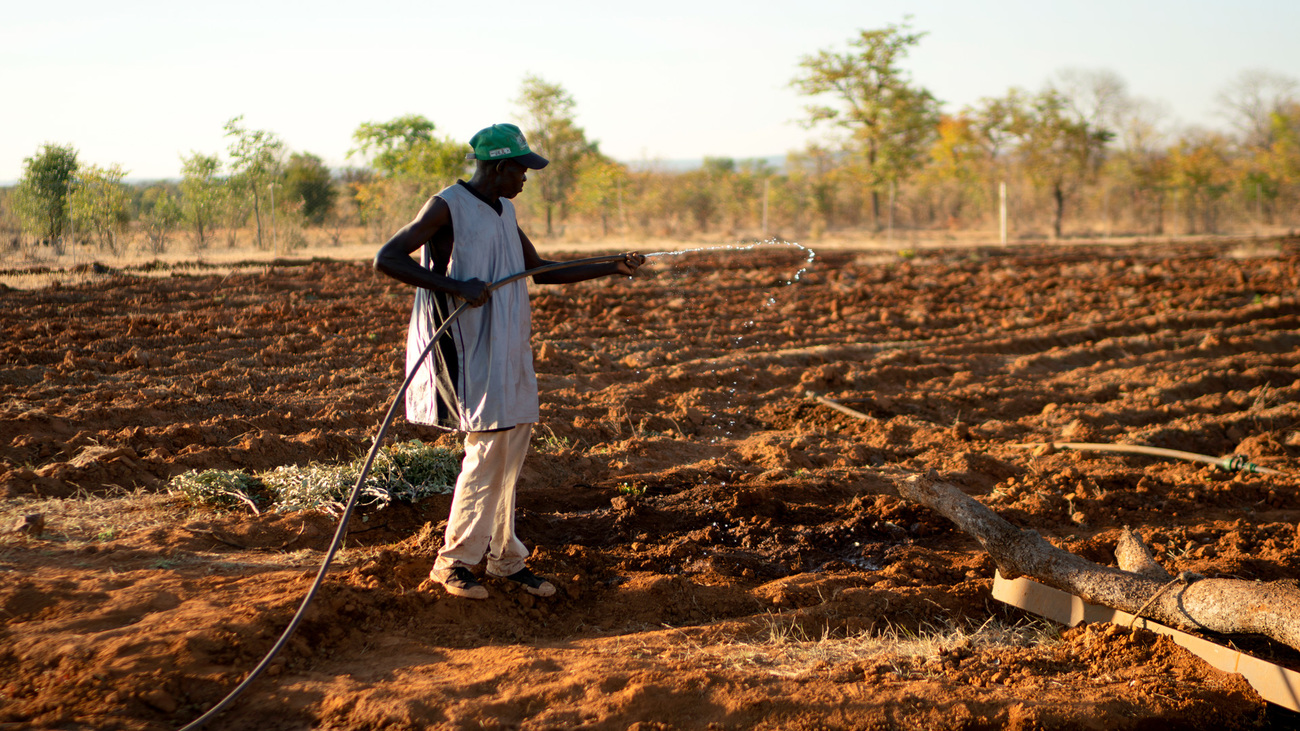
Solution
In Zimbabwe, where the government has declared a national disaster due to drought, IFAW has partnered with Zimbabwe Parks and Wildlife Management Authority (ZimParks) to found Water is Life—a project that enables communities facing drought to access clean water.
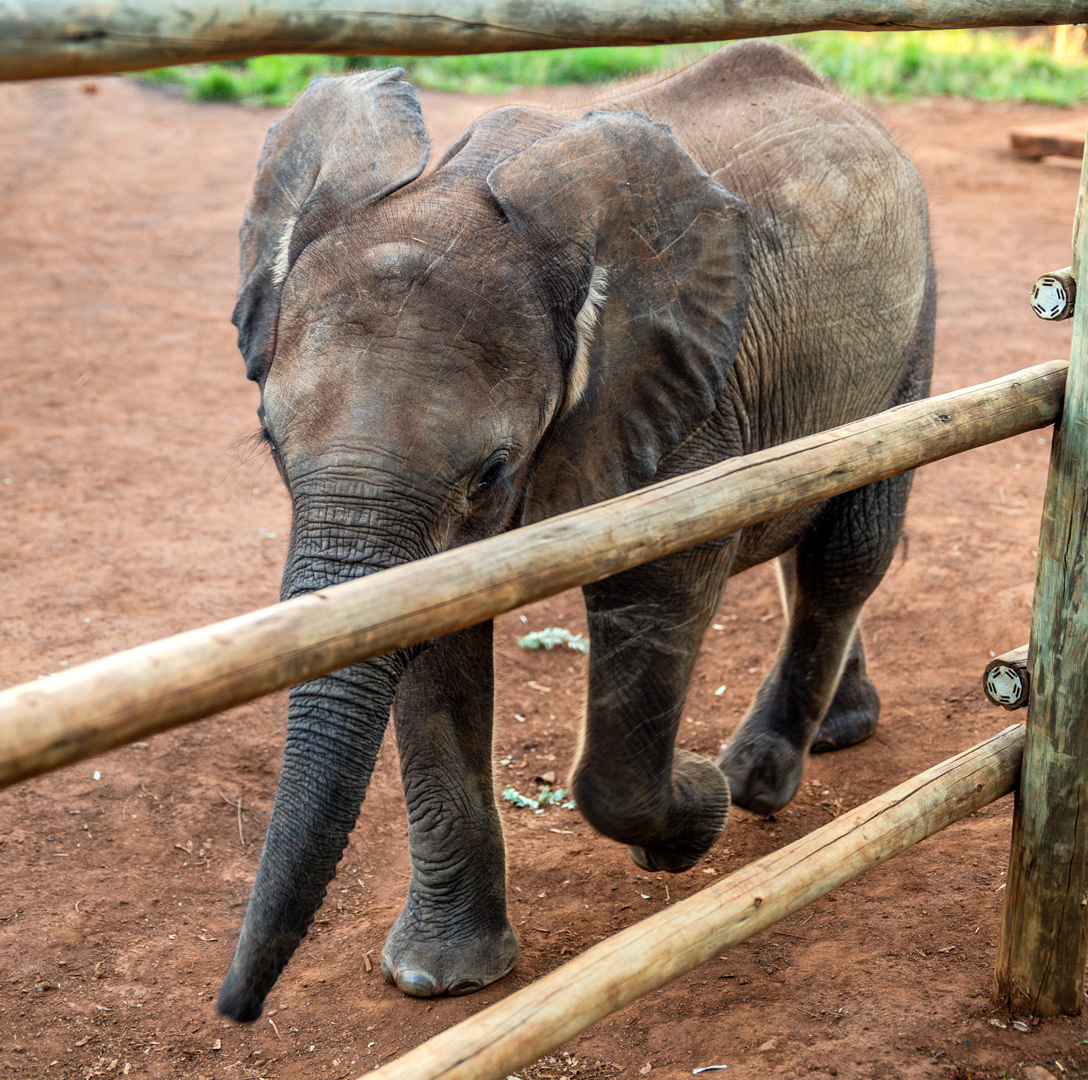
Through this project, we’re building infrastructure and installing solar technology to help provide these communities safe water sources that they could not have accessed otherwise.
By benefiting the people who live in close proximity to vulnerable wildlife, we work not only to protect livelihoods and promote food security, but also to safeguard wild animals through the mitigation of human-wildlife conflict.
In Zambia, one example is the rescue of Ndewa, an elephant calf found emaciated and orphaned in Chikumbi village. She had clearly gone without food and water for a significant time, causing her to wander close to a village. The community called on our partner Game Rangers International (GRI) for help and brought her to safety, providing her food and water thanks to the assistance of rangers. Ndewa is now under the care of GRI’s Lusaka Elephant Nursery.
Though IFAW is a conservation organisation, protecting wildlife like elephants is only possible by working with and relying on the people living in these rural areas that border protected land. The welfare of these people is directly linked to the success of conservation efforts, including IFAW’s Room to Roam initiative.
Impact
Not only does access to clean water fulfill the basic human need to drink, but it also prevents disease and enables farmers to grow crops. Water access supports necessary health and wellness while also allowing families to generate income.
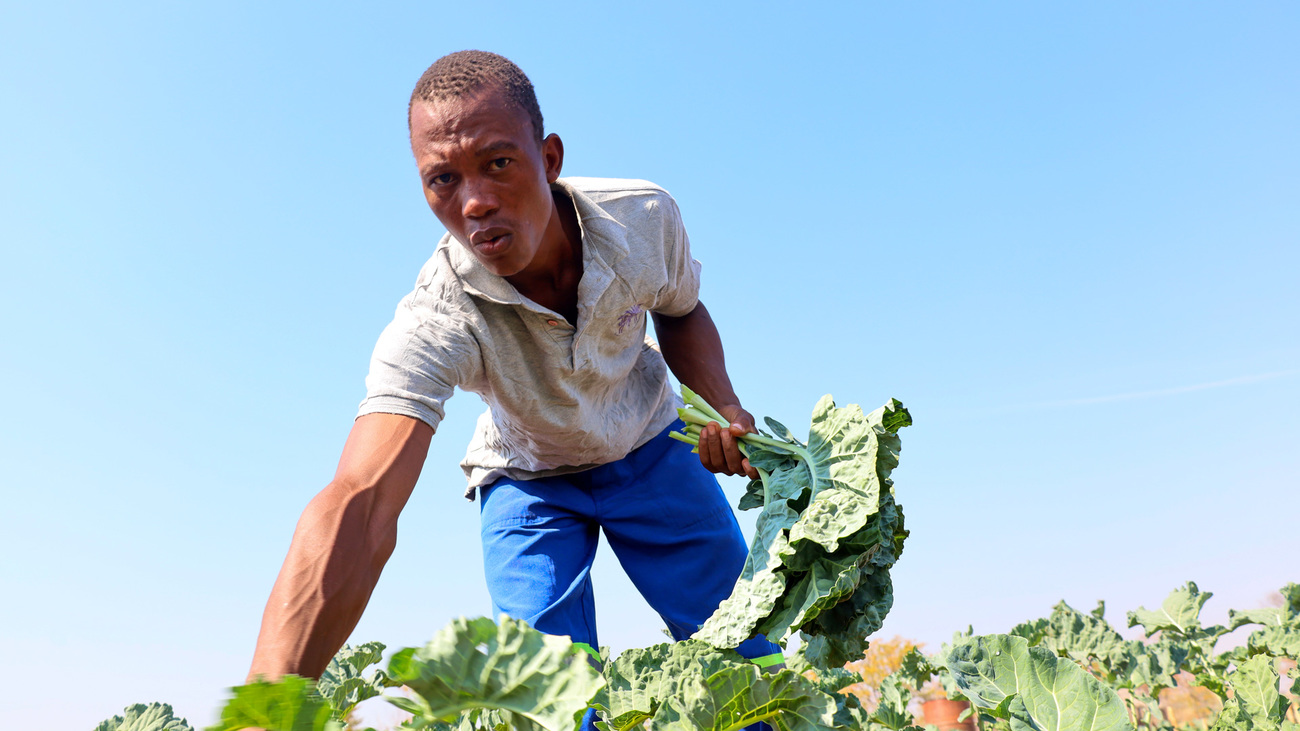
Water is Life supports IFAW’s ambitious Room to Roam initiative, which aims to secure a network of connected critical landscapes for wildlife and people to flourish. For animals and people to thrive, wild animals need to be able to safely travel through countries, over borders, and at a distance from humans.
Through Water is Life, IFAW supports communities, families, and wildlife-friendly livelihoods, enabling people who live in rural areas close to wildlife to coexist alongside them.
Water is one of the planet’s most invaluable resources. By helping people secure water, we help animals and the planet, too—laying the foundation for a future where people and animals can thrive together.
